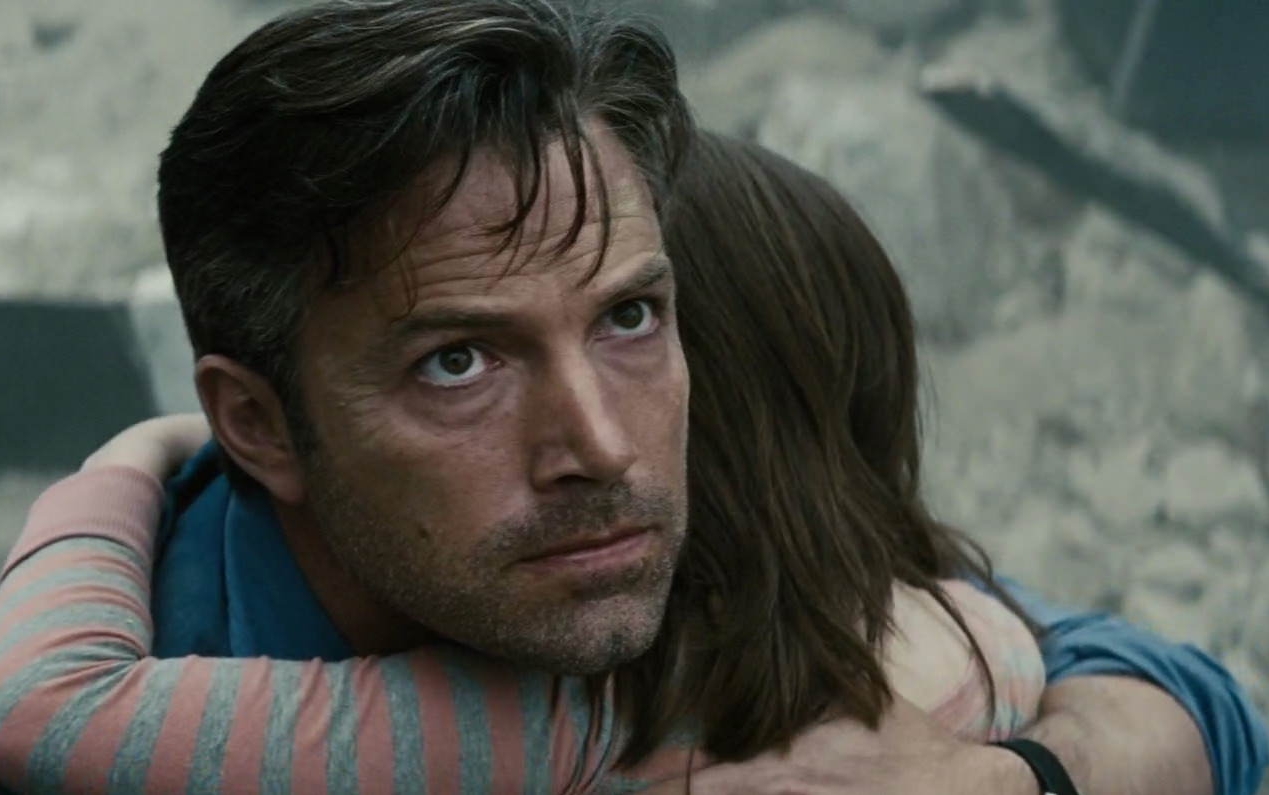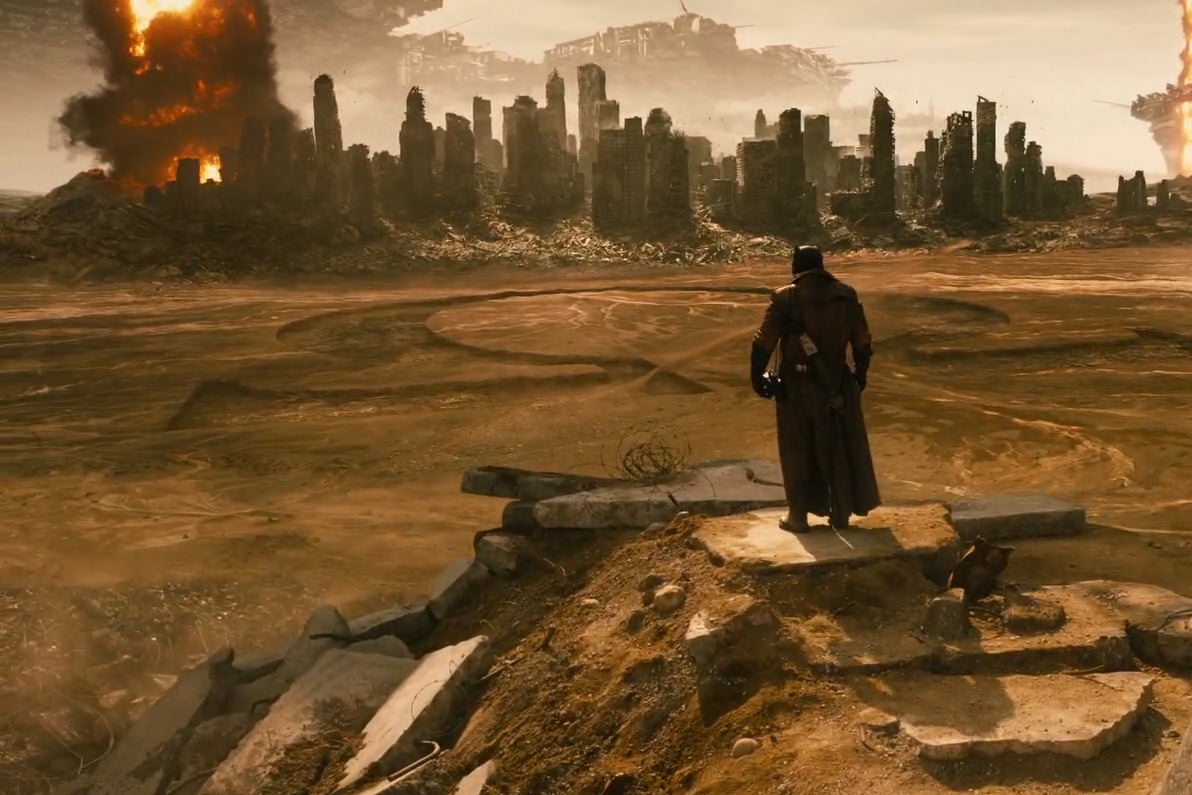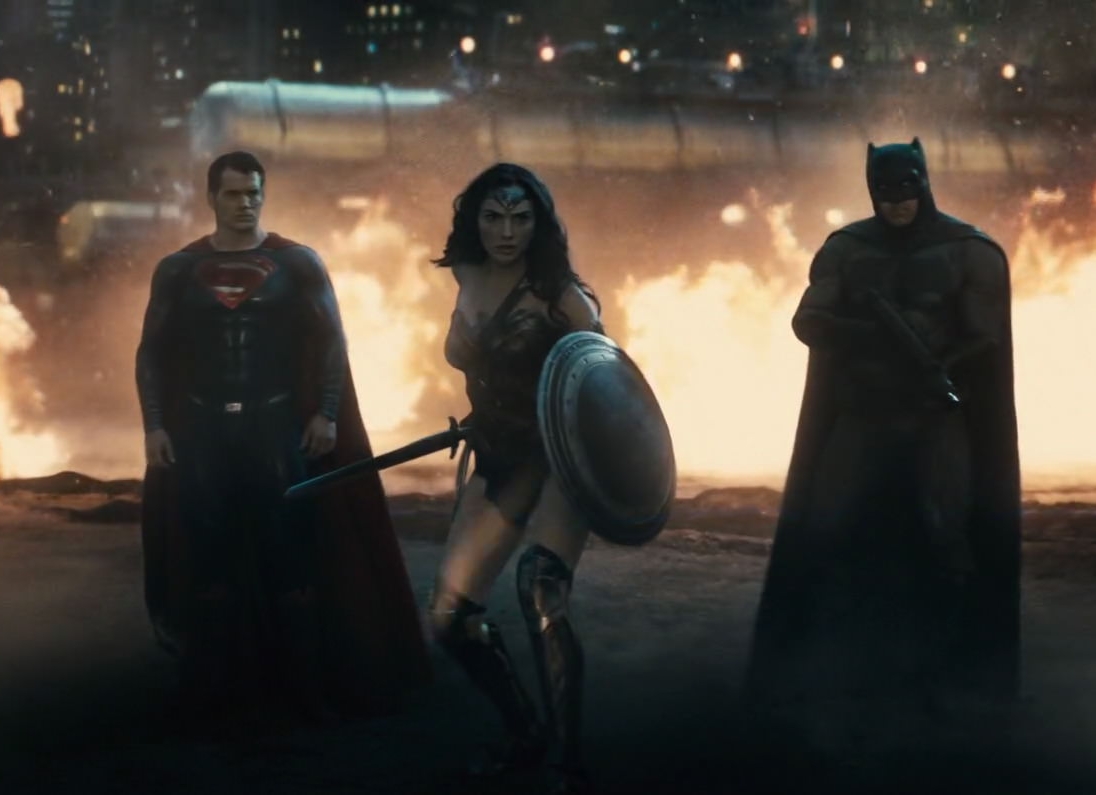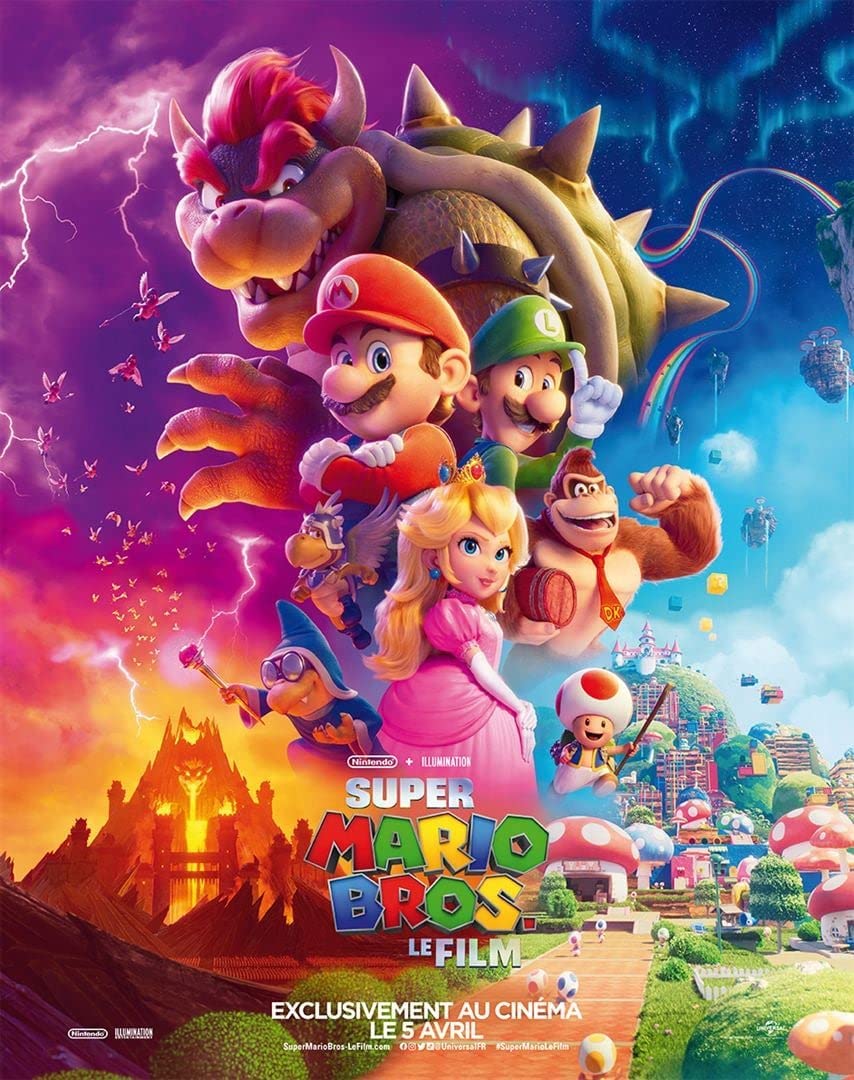 When we created this section on Justfocus.fr, our desire was to develop for you, readers, a cinematographic reasoning to approach this or that film from a different point of view from the general opinion. This time the context is somewhat different. We certainly remain in a film analysis to tell you that we must see this film, but the intention differs. Indeed, Batman v Superman is a special case concerning me, editor, since it is a film that, unlike the majority, I appreciate for several reasons that I will develop here. Clearly, this analysis will be less cinematic than what you are used to reading in this section and will rather address the context of creation of the film. Explanations made, let's get down to business. Batman v Superman: Dawn of Justice is a 2016 film directed by the famous Zack Snyder and telling the story of the two eponymous characters Batman (Ben Affleck) and Superman (Henry Cavill). The pitch of the film is not necessarily necessary but it must be remembered that this feature film is a direct sequel to Snyder's previous film, Man of Steel, where the DC Comics stable presented their character Superman.
When we created this section on Justfocus.fr, our desire was to develop for you, readers, a cinematographic reasoning to approach this or that film from a different point of view from the general opinion. This time the context is somewhat different. We certainly remain in a film analysis to tell you that we must see this film, but the intention differs. Indeed, Batman v Superman is a special case concerning me, editor, since it is a film that, unlike the majority, I appreciate for several reasons that I will develop here. Clearly, this analysis will be less cinematic than what you are used to reading in this section and will rather address the context of creation of the film. Explanations made, let's get down to business. Batman v Superman: Dawn of Justice is a 2016 film directed by the famous Zack Snyder and telling the story of the two eponymous characters Batman (Ben Affleck) and Superman (Henry Cavill). The pitch of the film is not necessarily necessary but it must be remembered that this feature film is a direct sequel to Snyder's previous film, Man of Steel, where the DC Comics stable presented their character Superman.
Emancipation of the director…
Let's start at the beginning with the opening scene of the film. To set the context, the film begins directly with the end of Man of Steel, where Superman faced General Zod (played by the magnificent Michael Shannon) over Metropolis.  But this time, the viewer is placed from the point of view of Bruce Wayne, present during this titanic fight. The latter tries to make his way through the rubble to reach a building where his employees work and try to save them. He will obviously arrive too late and face the rubble where the lucky few survivors evacuate the place. Finally, Wayne saves the life of a young girl who has just lost her mother: Bruce Wayne's rage towards Superman is born.
But this time, the viewer is placed from the point of view of Bruce Wayne, present during this titanic fight. The latter tries to make his way through the rubble to reach a building where his employees work and try to save them. He will obviously arrive too late and face the rubble where the lucky few survivors evacuate the place. Finally, Wayne saves the life of a young girl who has just lost her mother: Bruce Wayne's rage towards Superman is born.
If I decide to make such a long paragraph simply to describe the entire scene and its details, it is to state the important point of this part: Snyder speaks directly to the audience who criticized him shortly after the release of Man of Steel.The director had indeed suffered many criticisms in relation to the consequences of the titanic fight between Zod and Superman. We found ourselves facing this duel without being aware of the human or material damage that such a disaster could cause. So that's the power of this opening scene: on the one hand, it takes away from our minds this vision that blockbusters give us of wanton destruction and on the other, Snyder clearly points the finger at us.
… faced with the production policy…
Greatly appreciating the director's work, I couldn't help but watch the film keeping in mind all the others he had done before. 300, Watchmen, Sucker Punch…All these films that we were able to appreciate for the contrasting colors, the slow motion giving a monumental effect to the action scenes and all the subtexts that gave the films an even more consistent background. If we compare these masterpieces (for me Watchmen is a masterpiece) in comparison with Batman v Superman, we find nothing of this universe that Snyder was able to make us discover before, this personal touch that the American director had and which was lost with Man of Steel. Nolan's participation in the film's production could be the cause.  Christopher Nolan, who was behind the Batman trilogy with Christian Bale, clearly imposed his style in the feature film on Superman. For Dawn of Justice, Snyder faced the same concern, but this time coming from the production company. For Watchmen, DC Comics did not realize the economic power that superheroes had in cinema. But since the rise of the Marvel stable, DC has taken matters into its own hands and decided to really tackle mainstream films. As a result, DC and Warner decided to stop producing films that were too "dark".
Christopher Nolan, who was behind the Batman trilogy with Christian Bale, clearly imposed his style in the feature film on Superman. For Dawn of Justice, Snyder faced the same concern, but this time coming from the production company. For Watchmen, DC Comics did not realize the economic power that superheroes had in cinema. But since the rise of the Marvel stable, DC has taken matters into its own hands and decided to really tackle mainstream films. As a result, DC and Warner decided to stop producing films that were too "dark".
Snyder, faced with these production constraints, still manages to make his way to his cinematic desires with this beautiful scene from Bruce Wayne's dream referring to Darkside, one of Batman's many enemies. Desert setting, Batman looking like a smuggler, to finally see the arrival of Superman's militia more ruthless than ever. If we completely cut ourselves off from the desire to awkwardly introduce Batman's next enemy, Snyder has, in this scene, really shown us his personal touch, restrained during the rest of the film. The divine intervention of these winged monsters brings us back to these fantasy universes that he knows how to master so well.
… for a film that still failed
But despite all these aspects bringing a positive effect to the film, it remains a failed work, which is suspected to have been botched for various reasons. The scripted flaws are countless, the characters are poorly balanced, sometimes even not very credible. We think of this Doomsday, unfaithful to the character of the comics, or even a Wonder Woman who does not speak once to Superman, not to mention a disappointing Jesse Eisenberg in this role of Lex Luthor that we expected at the turn. As for the dark knight, we no longer find this Batman of the shadows, intelligent,  snooping and subtle. Ben Affleck, also very controversial by his appearance in the cast, places us in front of a Batman enters and awkward. And if the character remains poor in his adaptation, the universe that corresponds to him is also. His rooftop projector, his famous bat-mobile or his multiple gadgets are just one option that Snyder has decided to oblivion. Due to Marvel competition, DC Comics rushes to Justice League with the multiple appearances of the heroes of the DC universe, gradually turning the feature film into a teaser of 2 hours 30.
snooping and subtle. Ben Affleck, also very controversial by his appearance in the cast, places us in front of a Batman enters and awkward. And if the character remains poor in his adaptation, the universe that corresponds to him is also. His rooftop projector, his famous bat-mobile or his multiple gadgets are just one option that Snyder has decided to oblivion. Due to Marvel competition, DC Comics rushes to Justice League with the multiple appearances of the heroes of the DC universe, gradually turning the feature film into a teaser of 2 hours 30.
Conclusion
Much remains to be said about this film that will continue to be controversial among moviegoers and neophytes alike. I am one of those who was able to have a good time in front of this film, having previously taken a step back on all its flaws but also on its context. Yes, the film has many flaws, but it also has a story, which allowed the film to exist and make it what it is. And in view of the elements concerned, the film is in my opinion appreciable. So here's my advice for other films: if one day you don't like a film for reasons other than its direction, its script or any other filmic element, try to find out about its context of creation. This will sometimes help you to have a completely different look at a work.







































